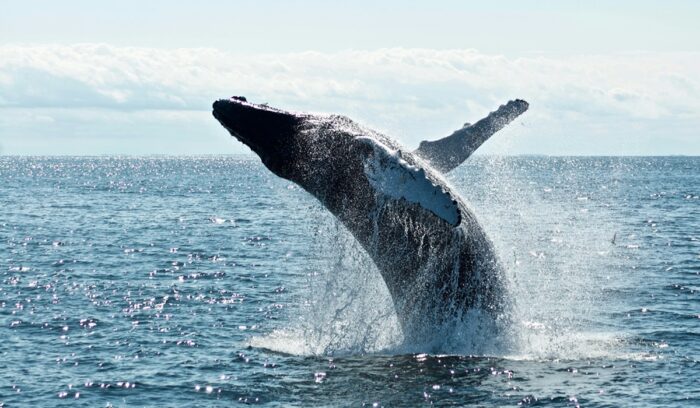Uruguay now generates more than 90% of its electricity from renewables
Since the 2000s, Uruguay has installed about 50 windfarms across the country, decarbonized the grid, and bolstered its hydropower. Now, depending on the weather, anything between 90% and 95% of its power comes from renewables. In some years, that number has crept as high as 98%.







